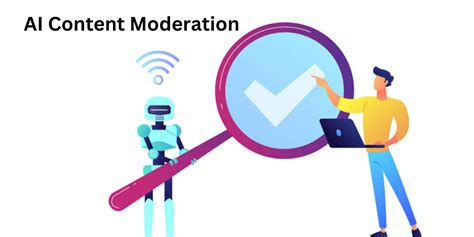The recent availability of Claude in Europe has sparked a series of thought-provoking discussions surrounding the role of AI in censorship and content moderation. Users have shared diverse experiences and perspectives on the impact of AI bots like Claude on their online presence.
One user expressed frustration over Claude’s aggressive crawling behavior, contrasting it with Google’s more balanced approach that includes sending website traffic in addition to data extraction. This raises questions about the ethical implications of AI bots that ‘take’ versus those that ‘give and take,’ emphasizing the need for responsible AI usage.
In the realm of AI ethics, concerns were raised regarding the potential consequences of modern censorship practices on free expression. Users highlighted instances where AI models exhibited overzealous moderation, leading to restrictions on harmless content and stifling genuine dialogue.
The evolving landscape of AI-powered tools like ChatGPT and OpenAI bots has brought forth a nuanced discussion on the intricacies of content moderation. From restricting certain prompts to filtering out specific viewpoints, the fine line between censorship and moderation continues to be a subject of debate.
Furthermore, the comparison between contemporary western censorship practices and historical totalitarian regimes like the USSR ignited a discourse on the scale, methods, and impacts of censorship across different socio-political contexts. Users debated the extent to which modern digital censorship parallels or diverges from traditional forms of suppression.
The limitations and challenges associated with AI APIs and platforms also surfaced in the comments, with users sharing their experiences of restricted access based on geographical locations or subscription models. This raises questions about accessibility, fairness, and the democratization of AI technologies for individual and commercial use.
Amidst the technical evaluations of AI models for software development and coding tasks, users highlighted the need for transparent benchmarking and fair assessments to gauge the true capabilities of different AI systems. The discussions shed light on the complexities of comparing AI models in a rapidly evolving technological landscape.
Reflections on the impact of AI on personal freedoms and creative expression underscore the evolving relationship between technology and individual rights. Users emphasized the importance of balancing AI capabilities with ethical considerations to ensure responsible and inclusive AI development.
In conclusion, the diverse array of opinions shared by users in response to the introduction of Claude in Europe serves as a testament to the multifaceted nature of AI censorship and content moderation. As AI continues to permeate different aspects of our digital lives, navigating the ethical and practical challenges of automated moderation remains a critical endeavor for both developers and users.


Leave a Reply